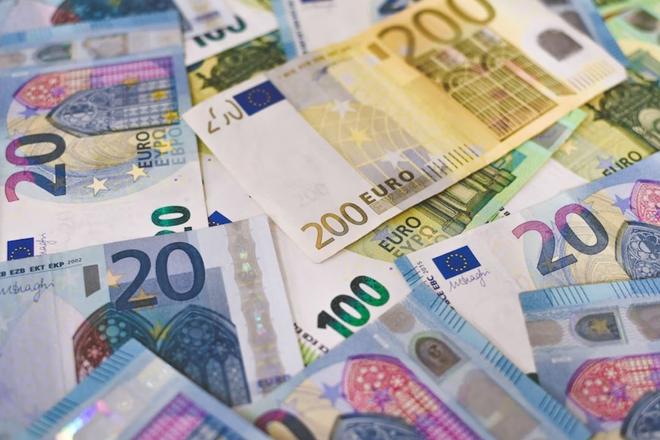The drafted budget for the years 2023 to 2025 expects the general government deficit for the next year to reach 6.44 percent of GDP.
According to the draft published on the website of the Economic and Social Council, the deficit adjusted for temporary effects should drop below 3 percent of GDP next year. The draft creates a space to work with shifting energy prices, the SITA newswire reported. The budget is to be discussed at the tripartite meeting on Tuesday, October 11.
The government states in the draft budget that the expenditure on compensations for households, businesses and the public sector due to the energy crisis will be exceptionally high, and dubs the draft state budget "A Budget to Aid the People".
Energy crisis measures
To counter the effects of the energy crisis, €3.4 billion compensation has been budgeted. The ministry further proposed not to pay benefits to employees in the civil service relationship or employment relationship until the end of April 2023, except claimable rewards resulting from the law or collective agreements, and thus obtain an additional €100 million. This way the total package to counter the energy crisis would increase to €3.5 billion.
Measures dealing with the energy crisis until now have been counting on transferring unused EU funds. The EU has been discussing measures to counter the energy crisis, but Slovakia's earlier proposal regarding the distribution of funds from the windfall tax have not come through. The government is thus not ruling out that it may be forced to nationalise energy produced in the country, as a last-resort solution.
Slovakia is the only member state to have asked to transfer unused EU funds. It is also the only EU member state that could benefit from reassigning EU funds.
Security budget
The government plans to spend €1.18 billion on the security chapter in the year 2023. This includes expenses for the protection of public order and security within the Interior Ministry, the National Security Office, the Slovak Information Service and Prison and Court Guard Service (ZVJS), SITA writes.
“€873 million are budgeted for the protection of public order and security. It ensures the activities of the judicial police and criminal police, the financial police, the order police, the traffic police, the toll police, the inspection service of the Police Force, the Criminal and Expertise Institute of the Police Force, the railway police and the Office for the Protection of Constitutional Officials and Diplomatic Missions of the Interior Ministry," states the Economic and Social Council’s official document.
The main aim for the upcoming years in terms of safety is targeted towards cybersecurity.
The biggest investments should happen in transportation and defense. Slovakia plans to invest €7 billion including €2.3 billion from the Recovery Plan, which is €3 billion more than during the years 2019-2022.
State budget revenues are projected at €26.7 billion next year and expenditures at €35.04 billion leaving the state budget in a deficit of €8.34 billion.




